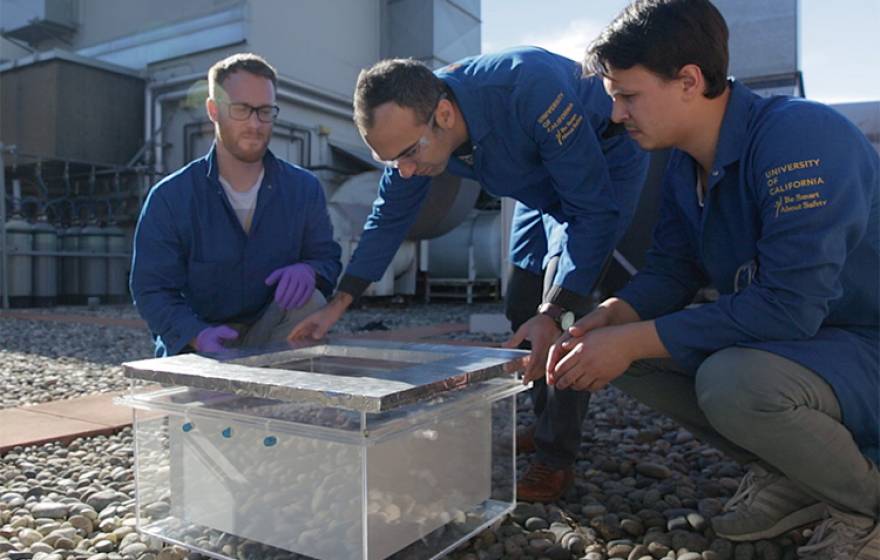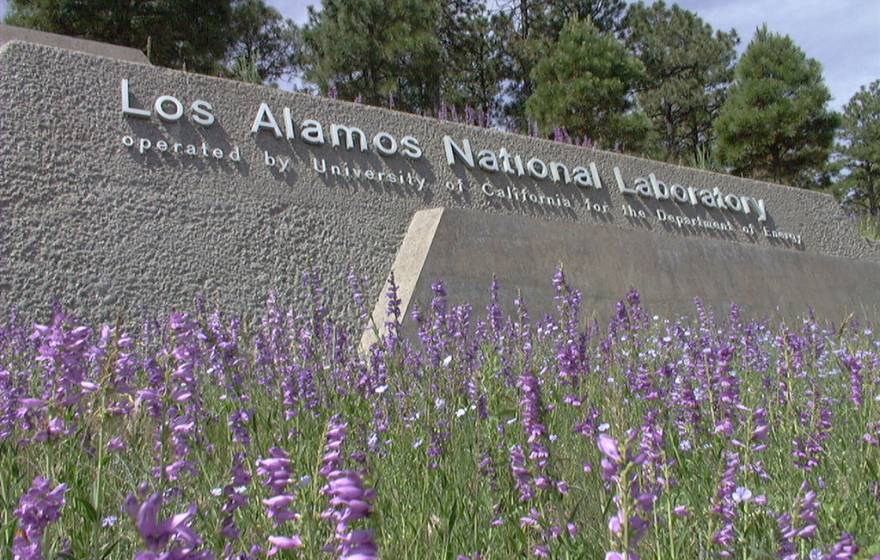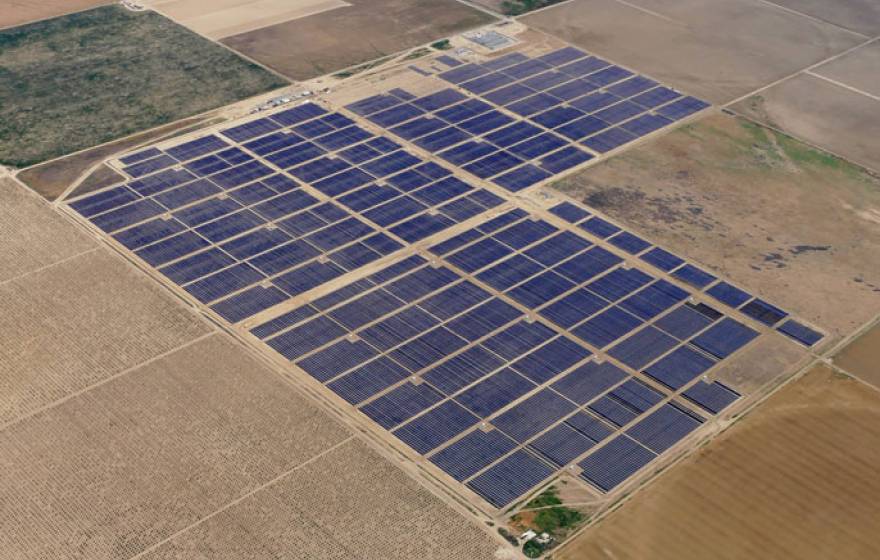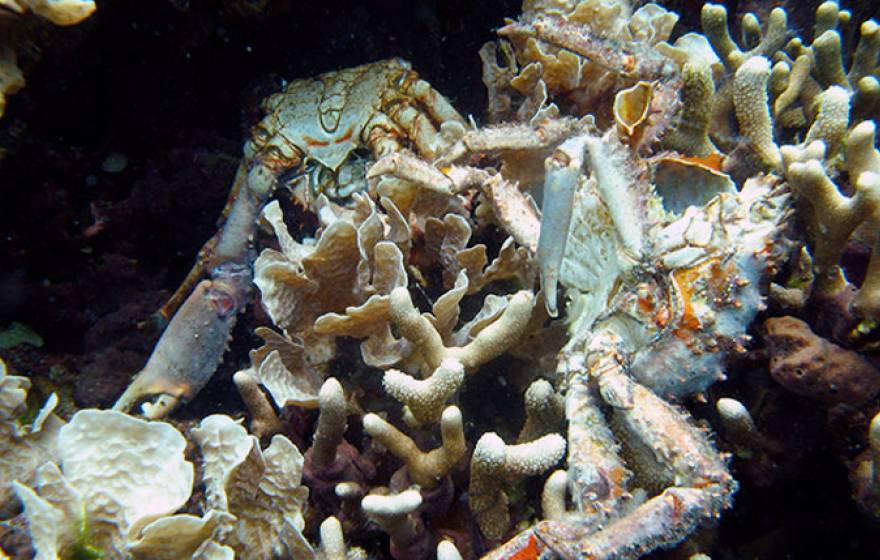Research finds warming temperatures have a negative effect on fertility, birth rates.
Ways to rally UC campuses for carbon neutrality
New report presents strategies for increasing campus engagement in the Carbon Neutrality Initiative
V. Ramanathan shares $1.33M sustainable development prize with fellow climate science pioneer
The renowned researcher from UC San Diego’s Scripps Institution of Oceanography is honored for his work.
Water harvester delivers fresh water from air
Powered only by sunlight, a next-generation water harvester has pulled drinking water from thin, desert air.
Has spring sprung too soon?
Spring is arriving sooner than it did 10 years ago, sometimes significantly so, researchers find.
UC and its national labs invest in California climate change research
Three new, large-scale projects receive over $11M in funding to study the impacts of climate change on California.
How the Paris climate accord is becoming reality at UC
UC's new strategy to wean off natural gas will make the university a global leader — and best of all, it's scalable.
Everyday chemicals surpass cars as source of urban air pollution
A new study finds a shockingly high contribution from paints, pesticides, perfumes as vehicle emissions drop.
Can 1.5 million college students address climate change?
Some of the largest universities in Mexico, Canada and the U.S. have pledged to spur local action in their communities.
Sustainability wins for UC, California in 2017
UC’s 14th Annual Report on Sustainable Practices shows that the UC system is not only growing, it’s greener than ever.
Rain goes rogue
Climate change appears to be skewing weather patterns, making it harder to predict wet and dry years.
The ocean is losing its breath
Climate change is rapidly increasing marine ‘dead zones,’ where oxygen is too low to support most marine life.











